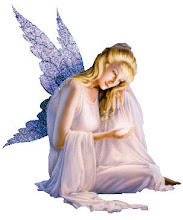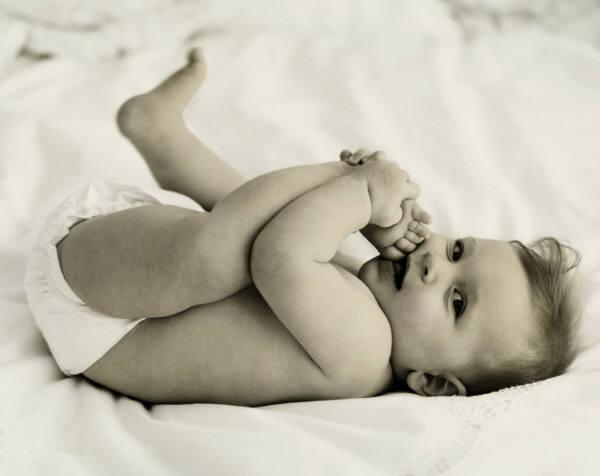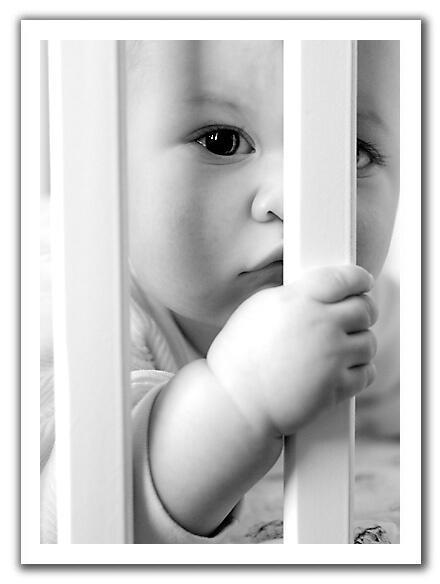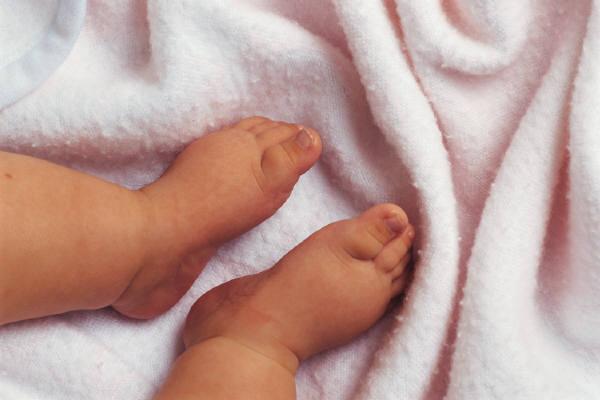The June school
holiday has come to an end, and yet, here I am writing about the trip we took
during the March school holiday! I’m so
out of date! Anyway, we went for a 6D/5N
trip with the extended family to Central Vietnam to Danang, Hoi An and Hue.
We took the now discontinued
(since June 10) Air Asia flight to Danang, arriving in Danang at about
3.30pm. The driver was already waiting
for us at the airport when we arrived and we headed straight to our hotel in
Hoi An, about 45 minutes drive away.
After checking into the hotel, we headed out for dinner and the driver
took us to a totally local restaurant, where we had skewers of grilled chicken
and fish, wrapped in popiah-like skin with vegetables and sauces. It was a eat-all-you-can concept and the food
was pretty good. It was raining after
dinner so we just headed back to the hotel since we couldn’t walk around the
town.
Our first destination the next day was the My Son (pronounced Mee Sern) Ruins, located about 40km from Hoi An. My Son was the capital and religious site of the ancient Cham civilization, a once powerful Hindu empire that ruled Vietnam from the 2nd to the 13th century. These ancient Hindu ruins are found within a verdant jungle valley and once numbered approximately 70 in total, although only around 20 towers and monuments still remain today, many reduced to rubbles during the Vietnam war. My Son is one of five UNESCO World Heritage Sites in Vietnam. The ruins here have been compared with the likes of Angkor Wat and Borobudur but I find My Son to be less impressive.
On the way to breakfast
Girls having breakfast - the breakfast area is by the river
Entrance to My Son after the ticket booth
We headed back to Hoi An for lunch before exploring the Hoi An Old Town, another UNESCO World Heritage Sites. Hoi An was Vietnam’s most important trading post from the 16th to 18th centuries.
The architecture of the city reflects influence of Chinese, Japanese, Portugese, French and British traders. Hoi An is also the town where the French introduced Catholicism to Vietnam, as well as the Romanized script that has become the standard Vietnamese script. Its narrow streets comprised of charming historic buildings restored and transformed into cafes, art galleries, boutique hotels, silk and souvenir shops, alongside museums, Chinese temples and assembly halls.
Japanese Bridge – built by the Japanese in the early 17th century to connect the Japanese settlement with the local settlement
Cantonese Assembly Hall
One of the many old houses in Hoi An Old Town
Artisans at work: (L) Lantern maker (R) Hand-sewn painting
Phuc Kien (Hokkien) Assembly Hall – built by the Hokkiens in the late 17th century, this served as a meeting place of the Hokkien clan and temple for worshipping
Hanging incense at a temple inside the Hokkien Assembly Hall
Our shoes matched the ornate tiles at Hokkien Assembly Hall
Cyclo peddlers waiting for customers
The children had some time in the pool in the evening before we headed back to Hoi An Old Town for dinner.
Hoi An Old Town by night

































5 comments:
Besides the ruins it reminds me of beautiful Penang.
when i saw the Chinese writting i scrolled up to read the title again. Thought you went China or what. LOL
I have never been to Vietnam. Didnt know they use Chinese there too.
Learn something new today
Looks like a nice place to visit. I been to Hanoi and Ho Chih Ming city.
ykristen - thanks for dropping a note. Yes, Hoi An has lots of heritage buildings like Penang
Small Kucing - Hoi An used to be a trading port so there's lots of Chinese legacy there.
TZ - thanks for dropping a note. I have been to Hanoi too but not HCM.
Hi,
I chanced upon these posts on Vietnam and now I'm inspired to visit! May I ask if you booked you own driver/guide or you followed a tour group? If you booked a private guide, would you mind sharing his/her contact?
Thanks!
Charissa
Post a Comment